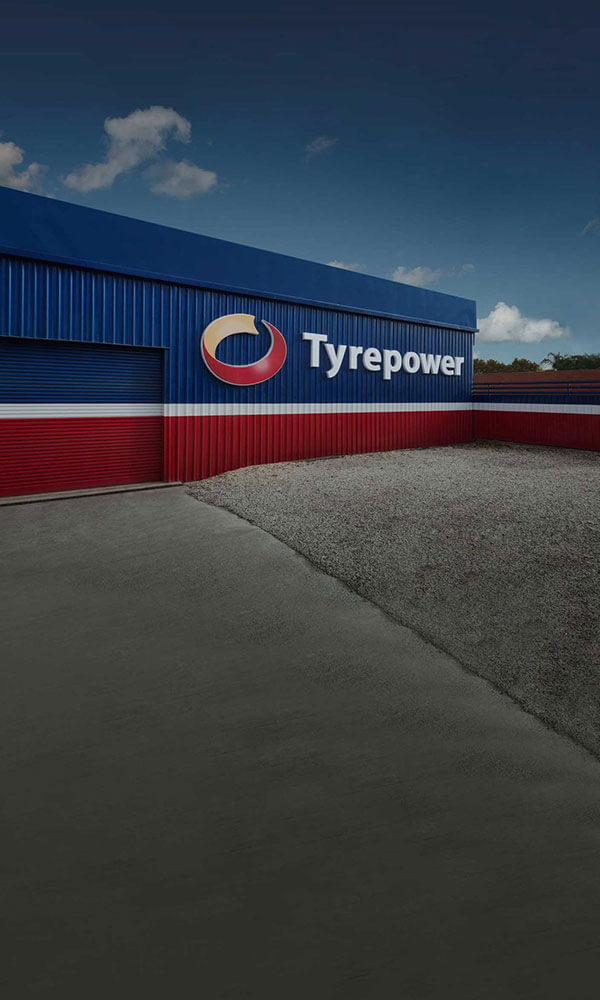Buy the right aftermarket wheels, whatever car you drive.

Understanding the World of Aftermarket Wheels
Wheels can make or break the looks of a modified vehicle, regardless of what you drive or what style you’re going for. It doesn’t matter if you’re into a tough street car fitment, you’re into stance, or you’re looking for a set of wheels and tyres to suit your weekend warrior off road rig, your local Tyrepower store should be your first call when it comes to replacing your OE wheels with an aftermarket set.
What are 'OE' Wheels?
The term OE, which stands for ‘Original Equipment’,refers to the factory-fitted parts that come installed on a vehicle directly from the factory. In the case of wheels, OE wheels are specifically designed to match the manufacturer's specifications for performance, aesthetics, and load-bearing capabilities
While OE wheels ensure compatibility and reliability, they function as a ‘catch-all’ and might not cater to every driver's unique preferences in terms of style, performance, or functionality.
Why Do Drivers Upgrade Their Wheels?
Many drivers, enthusiasts and vehicle owners enjoy upgrading or modifying their vehicles to suit their tastes or needs.
Upgrading to aftermarket wheels is a popular choice for a first modification for several reasons. Aftermarket wheels can give your vehicle a distinctive look that stands out from the standard models, while performance enthusiasts opt for lighter, stronger wheels that improve handling and acceleration.
Additionally, changing wheel size can tailor your vehicle's ride quality and compatibility with different types of tyres, allowing you to run either low profile tyres or larger off-road tyres.

Wheel Considerations
When exploring the world of aftermarket wheels, it's essential to consider a few key factors to ensure you end up with a wheel that works well on your vehicle, doesn’t rub anywhere and, most importantly, looks great!
Vehicle Compatibility
Ensure the wheels fit your vehicle model and don't interfere with its operation. This includes getting tyres that are the right width and offset to clear important components such as brake and steering systems, as well as making sure that your chosen wheels have the right stud pattern.
Style
Style is completely subjective, so we’ll leave that up to you. That being said, there are some classic colour schemes that work really great. Bronze wheels on white cars, black on black, and polished lips on older vehicles just to name a few. Some styles never go out of fashion.
Quality and Safety
At Tyrepower, we carry wheels from quality brands. Regardless of where you choose your wheels from, look for reputable manufacturers and wheels that are certified for on-road use.
Pretty much any wheel you’ll buy will be suitable for street use, however when you start pushing your vehicle harder, such as track days, enthusiastic driving or heavy duty off road usage, you’ll find that some wheels are more easily damaged than others. Look out for cheap new wheels and imitation products that seem too good to be true.
Budget
Prices for aftermarket wheels vary widely, so set a realistic budget that means you’ll be able to purchase a high quality wheel.
If you’re going up or down a diameter, be sure to factor in the cost of tyres that fit your new wheels. Smaller changes to wheel width mean you may be able to use your existing tyres in some circumstances. Reach out to your local Tyrepower if you want to know whether your current tyres will fit your new wheels.
Understanding Wheel Specifications
Wheels come in all sorts of sizes and specifications. Lets go over some of the basics, when it comes to wheel labels and measurements.
- Width: Refers to the distance across the wheel from bead to bead. Wider wheels can accommodate wider tyres for better traction.
- Diameter: Height of the wheel from top to bottom, measured at the tyre mounting surface. Larger diameters can enhance appearance and performance but may affect ride quality.
- Offset: The distance between the wheel's mounting surface and its centerline. Higher or lower offset affects how the wheels sit in relation to the car's body, with lower offsets pushing the wheels further out.
- Backspacing: Related to offsets, backspacing measures the distance from the mounting surface to the back edge of the wheel. Too much backspacing means the wheel will rub on suspension components and potentially cause damage or handling issues.
- PCD (Pitch Circle Diameter): PCD is the wheel lugs' arrangement. It must match the vehicle's bolt pattern for proper fitting. Whether your vehicle has 3, 4, 5, 6 or 8 studs, as well as the spacing between them dictates what wheels you can install on your vehicle.
- Centre Bore Size: The hole at the centre of the wheel that fits over the hub. Precise fitment is essential for vehicle safety and performance.
Make Buying Wheels Easy
Thankfully, we make choosing wheels easy with our wheel selector and visualiser. Use our website to browse for wheels and you can filter by compatible products that fit your vehicle! You can even get a preview of how they’ll look on your make and model!
Choosing the right aftermarket wheels involves a basic understanding of both your vehicle’s specifications and your personal preferences. Armed with the right knowledge, you can transform your vehicle not just in appearance, but in performance and driving pleasure. Remember, the right wheels can make a world of difference!
Thanks to ROH for the images in this article.

